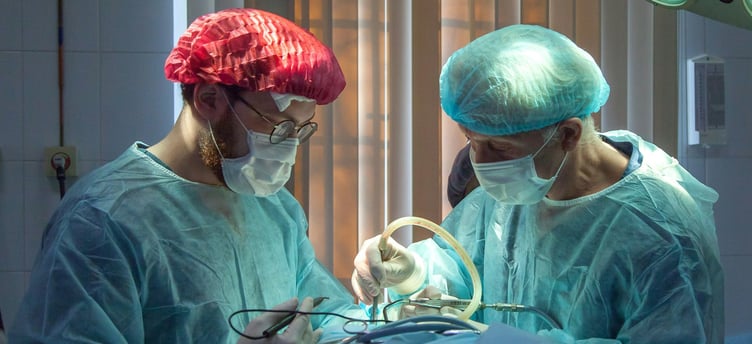Artificial Intelligence in Medicine
Artificial Intelligence in Medicine
NAWAZ ISTIFA
1/11/20251 min read


Artificial intelligence in medicine
Artificial intelligence (AI) is transforming the medical field by complementing the work of healthcare professionals, not replacing them. While AI offers unparalleled efficiency and accuracy in specific tasks, the core responsibility for patient care remains firmly in the hands of human doctors.
The Role of AI in Medicine
Supporting Radiotherapy with Precision
In clinical trials, AI has demonstrated its ability to perform tasks like calculating target areas for head and neck radiotherapy. This technology accomplishes the job faster and more accurately than humans. However, the final decision and responsibility still lie with radiologists, ensuring patient safety and effective treatment. AI’s role here is critical: preventing harmful radiation exposure and enhancing patient outcomes.
Data-Driven Decision Making
AI empowers healthcare professionals by analyzing massive datasets, from genetics and lifestyle to socioeconomic factors and environmental influences. With this knowledge, doctors can identify unique health risks and tailor prevention or treatment strategies for individual patients.
Why AI Won’t Replace Doctors
Human Touch Matters
AI lacks the empathy and compassion essential to patient care. It cannot replace the trust and understanding built during doctor-patient consultations. While AI assists in making informed decisions, human doctors lead every step of the process.
Overcoming Skepticism
Patients may hesitate to trust AI due to its technological nature and perceived lack of transparency. However, integrating AI as a supportive tool ensures that human expertise remains at the forefront, addressing these concerns over time.
Conclusion
AI promises to revolutionize medicine by helping researchers and doctors tackle major health challenges., “AI won’t replace doctors, but doctors who use AI will replace those who don’t.” By turning data into actionable insights, AI brings us closer to understanding the root causes of diseases and developing effective treatments—all under the guidance of compassionate human caregivers.
BY NAWAZ ISTIFA freelancer
